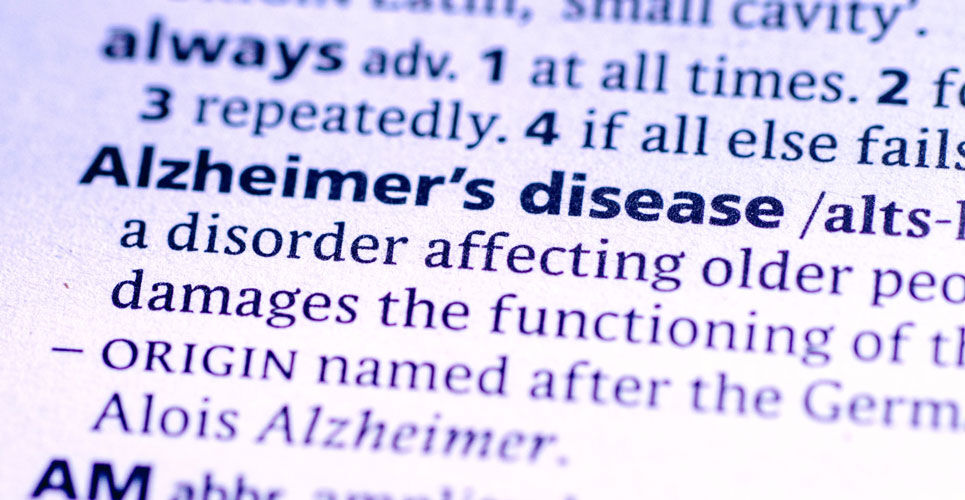An analysis suggests noradrenergic drugs are able to provide small improvements in both global cognition and apathy in Alzheimer’s disease
Noradrenergic drugs give rise to a small but significant improvement in global cognition and apathy among patients with Alzheimer’s disease, providing a rational to further explore the value of such drugs according to the findings of a meta-analysis by UK researchers.
The World Health Organisation (WHO) describes dementia as a syndrome in which there is deterioration in cognitive function beyond what might be expected from the usual consequences of biological ageing. WHO estimates that worldwide in 2021, there were approximately 55 million people living with dementia and that, Alzheimer’s disease (AD), which is the most common form of dementia, may contribute to 60-70% of all cases. Within the brain, the neurotransmitter noradrenaline is released by the locus coeruleus and has become recognised as a contributor to various aspects of cognition, including attention, behavioural flexibility, working memory, and long-term mnemonic processes. Moreover, the locus coeruleus is one of the first sites of tau deposition in Alzheimer’s disease and with noradrenergic dysfunction an early sign in Alzheimer’s disease, it would seem logical to incorporate noradrenergic drugs into the treatment of the disease. Nevertheless, trials examining the value of noradrenergic drugs in AD have generally proved to be unsuccessful. Despite this, no studies have attempted to assess the overall impact of this drug class in AD and this was the purpose of the present study. The UK team performed a systemic review and meta-analysis to assess the degree to which drugs, whose principle action is as a noradrenergic agent, could improve the cognition and behavioural aspects of AD.
The team searched for trials that included patients with AD in which noradrenergic drugs (i.e., those which increased levels of noradrenaline) were compared against placebo and where the studies reported on cognitive and neuropsychiatric (e.g., agitation, apathy) changes. The researchers then assessed measures of global cognition and neuropsychiatric symptoms.
Noradrenergic drugs and Alzheimer’s disease outcomes
The literature search identified a total of 19 trials of AD with 1811 patients and all of the studies were prospective, randomised trials and with a treatment duration of between 2 and 52 weeks. The most commonly used noradrenergic drugs were noradrenalin re-uptake inhibitors, alpha1 adrenergic receptor antagonists, alpha2 receptor agonists, alpha2 receptor antagonists and beta adrenergic receptor blockers.

For global cognition, the overall pooled effect size was small but statistically significant in comparison to placebo (standardised mean difference, SMD = 0.14, 95% CI 0.03 – 0.25, p = 0.01). Just for comparative purposes, the authors included the SMD for cholinesterase inhibitors from studies in AD which was 0.38. Although noradrenergic drugs had a positive effect on semantic memory (SMD = 0.20), the drugs had no significant effect on any of the other cognitive measures.
For neuropsychiatric measures the only measure for which there was a significant effect was apathy with a pooled SMD of 0.45 (95% CI 0.16 – 0.73, p = 0.002).
The authors concluded that pharmacotherapies targeting the noradrenergic system appeared to improve both cognition and apathy. In addition, they suggested these data provided a strong case for further trials to examine the value of these drugs in AD and other neurodegenerative diseases.
Citation
David MCB et al. Cognitive and neuropsychiatric effects of noradrenergic treatment in Alzheimer’s disease: systematic review and meta-analysis J Neurol Neurosurg Psychiatry 2022

